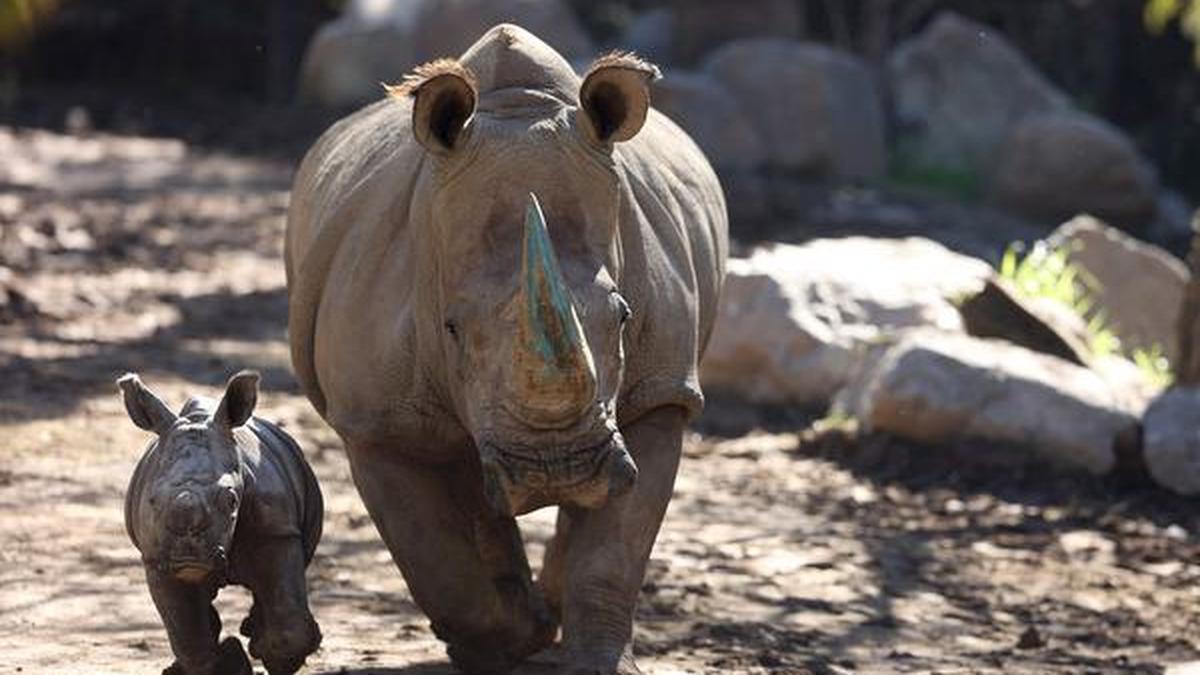
Why no tusks? Poaching tips scales of elephant evolution
LA TimesA tuskless elephant matriarch is with her two calves in the Gorongosa National Park in Mozambique. Researchers in Mozambique, including biologists Dominique Goncalves and Joyce Poole, observed the national park ’s roughly 800 elephants over several years to create a catalogue of mothers and offspring. “When mothers pass it on, we think the sons likely die early in development, a miscarriage,” said Brian Arnold, a co-author and evolutionary biologist at Princeton. “The tuskless females ate mostly grass, whereas the tusked animals ate more legumes and tough woody plants,” said Robert Pringle, a co-author and biologist at Princeton University. “These changes will last for at least multiple elephant generations.” The Associated Press Health and Science Department receives support from the Howard Hughes Medical Institute’s Department of Science Education.
History of this topic

Tuskless elephants may evolve new problems
The Independent)
Elephants in Mozambique may never develop tusks due to civil war, constant poaching finds study
Firstpost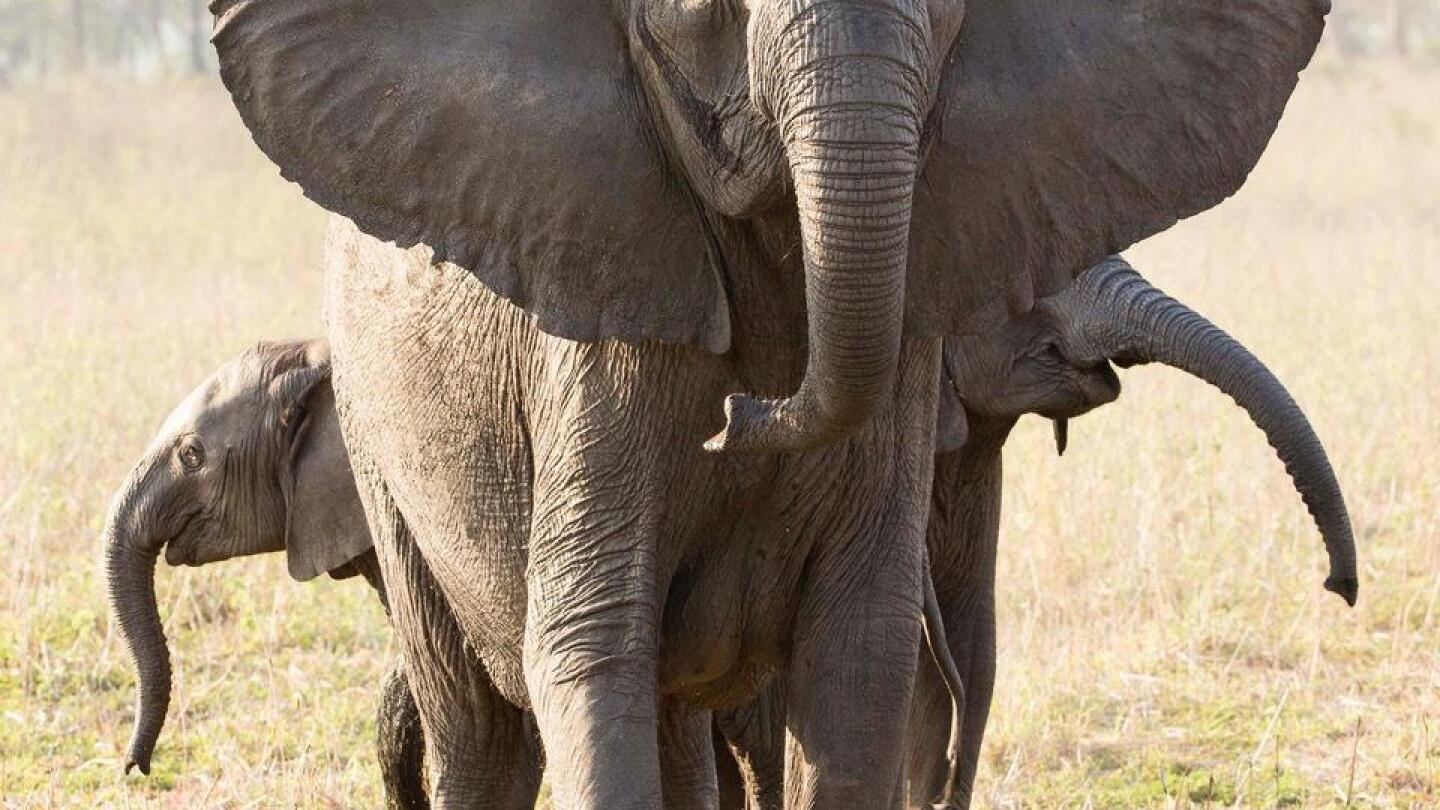
Why no tusks? Poaching tips scales of elephant evolution
Associated PressDiscover Related







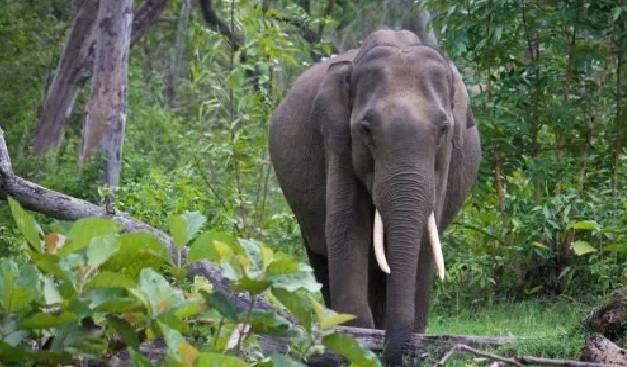


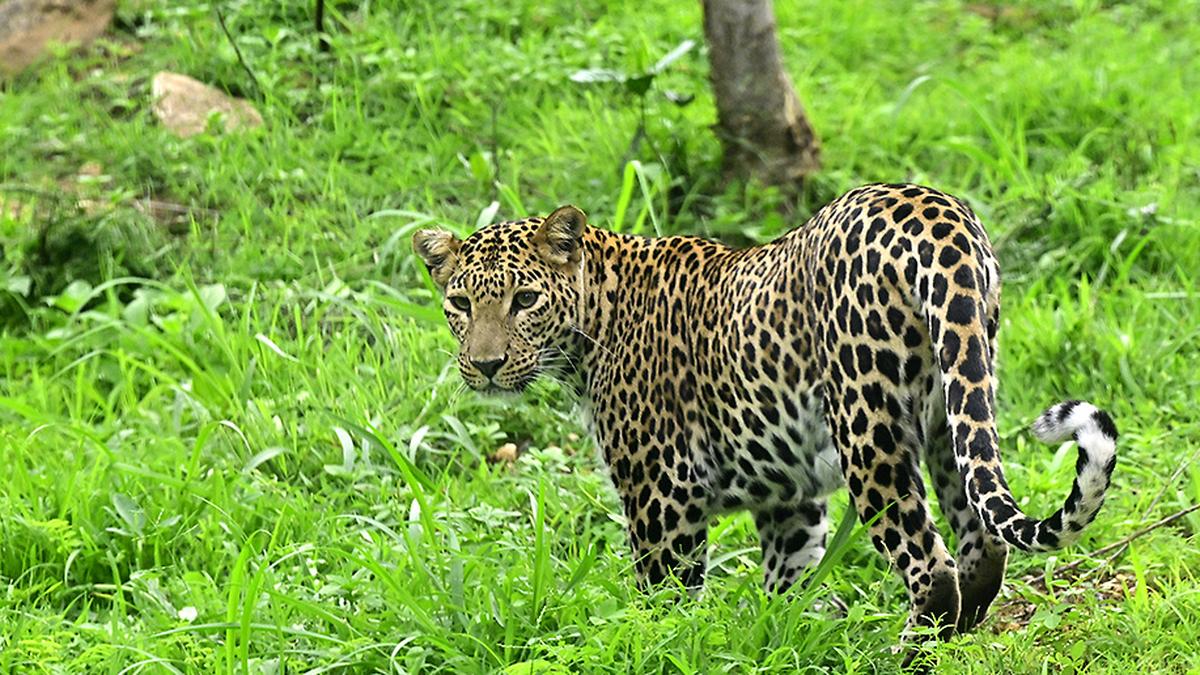


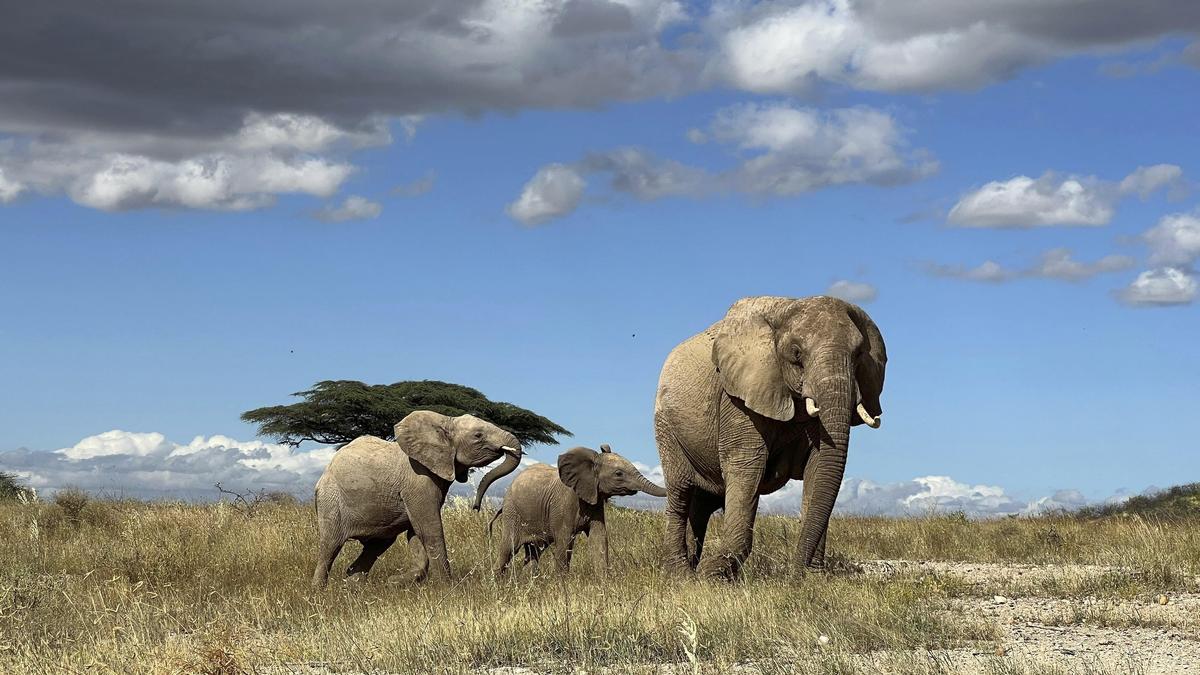



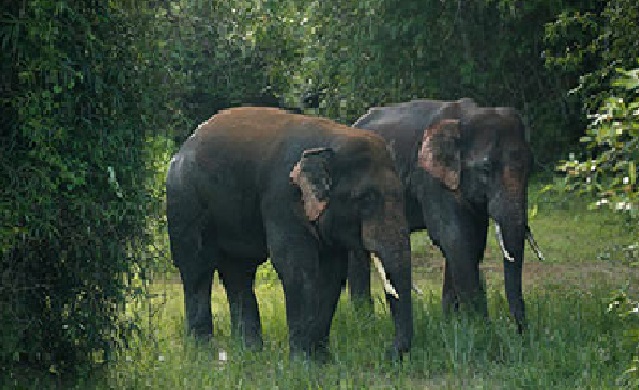
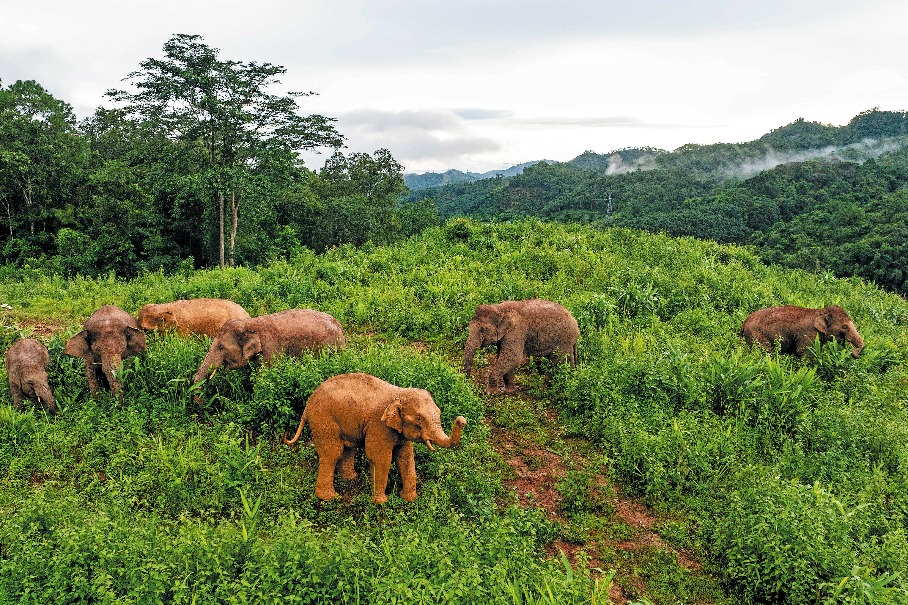







)


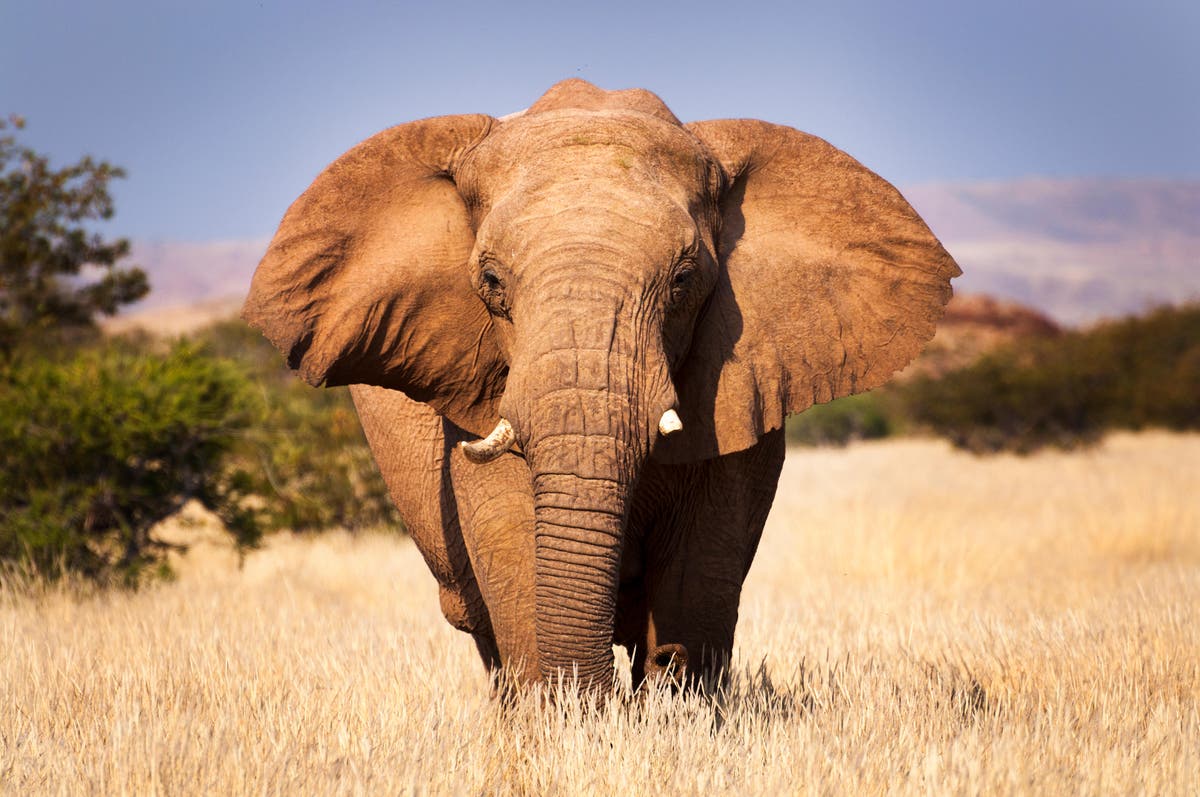


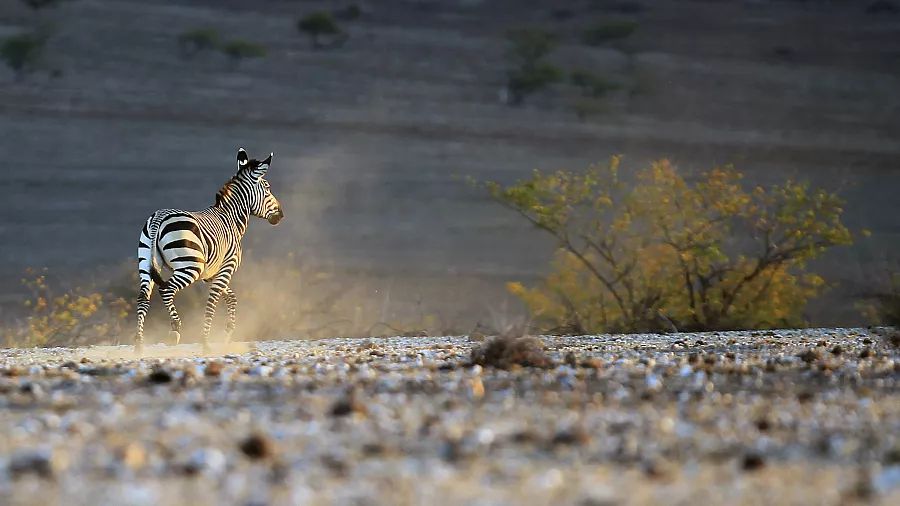




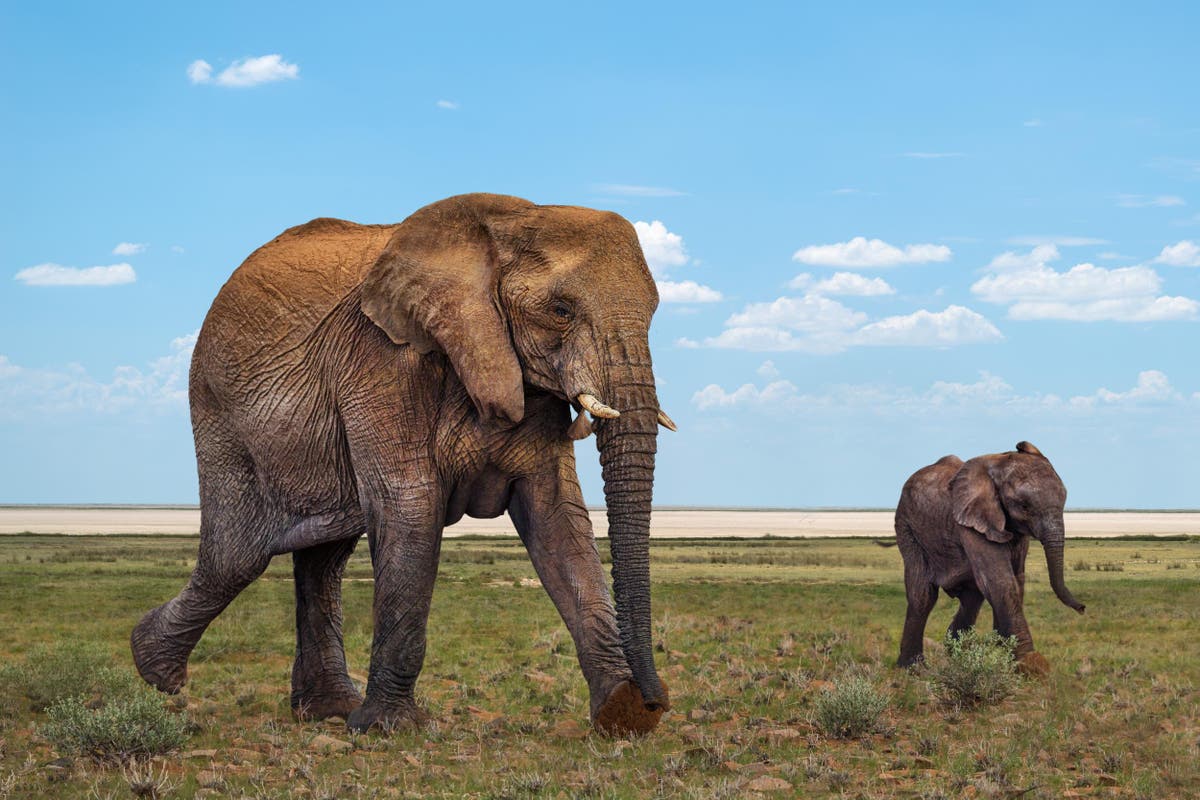
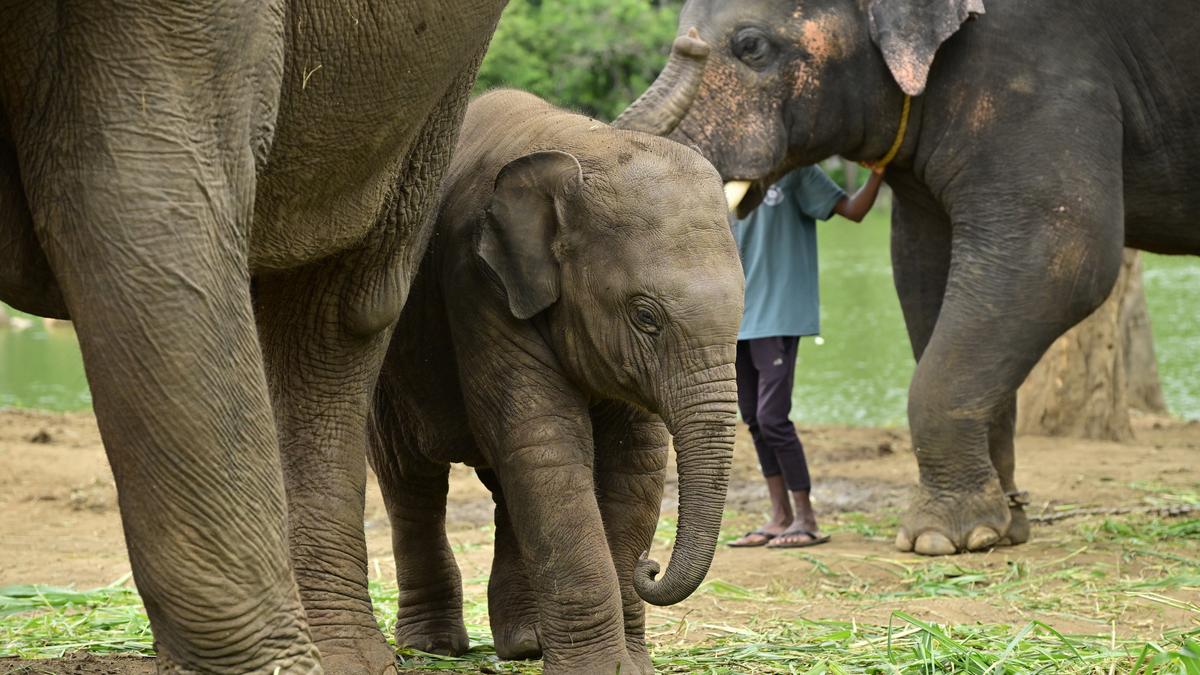

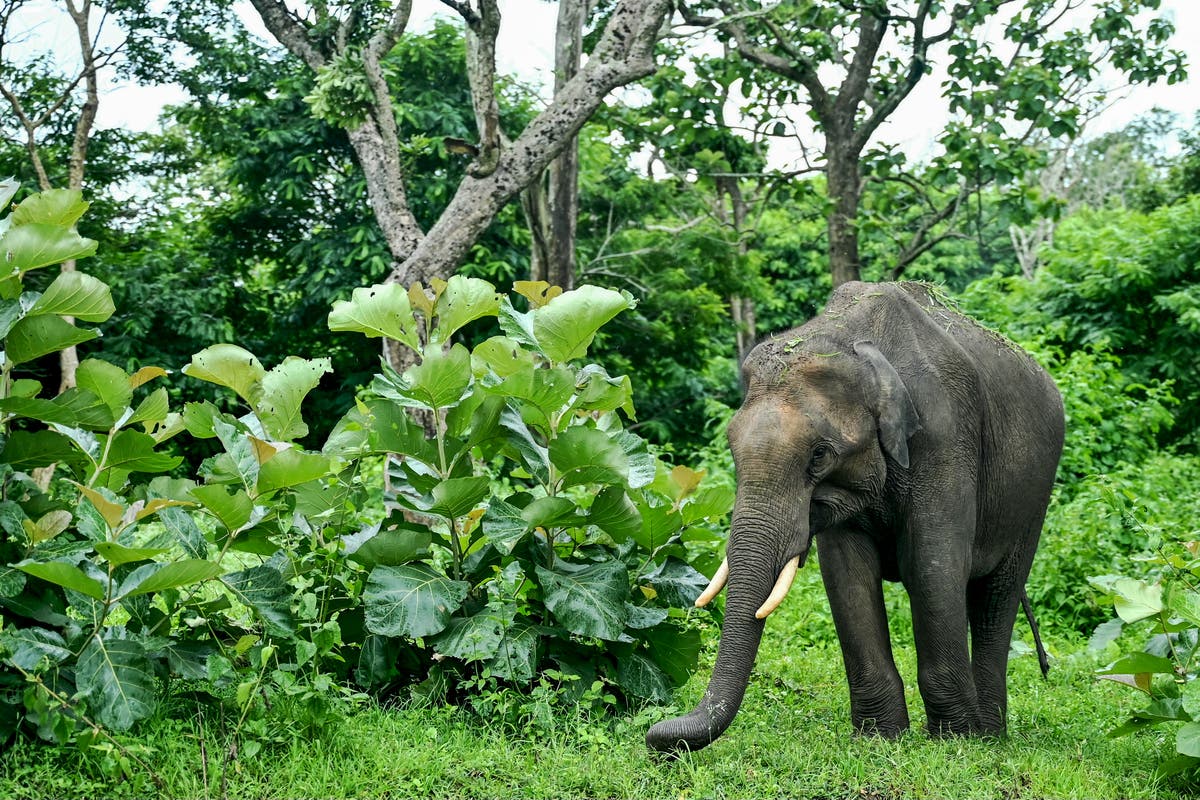
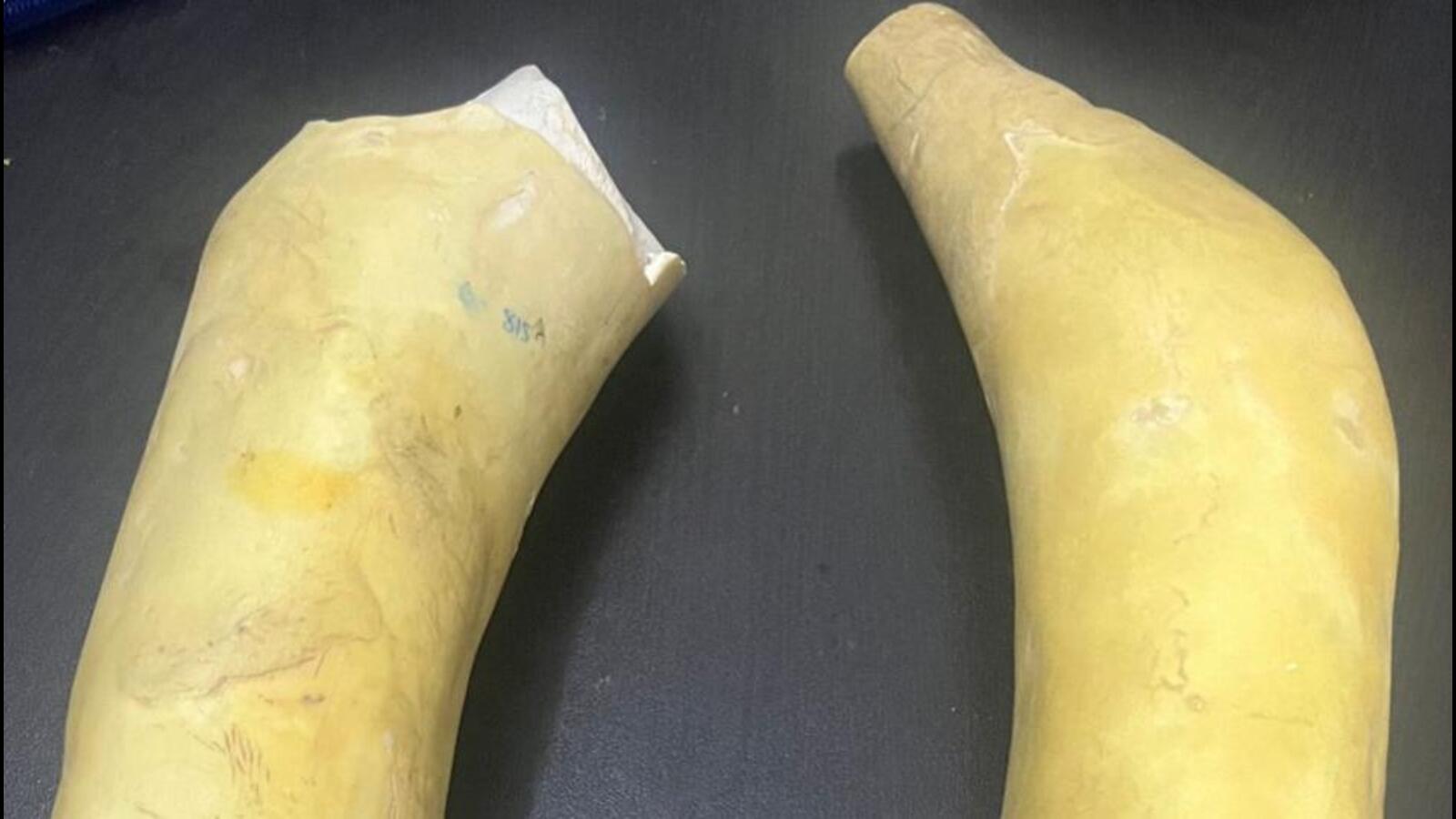


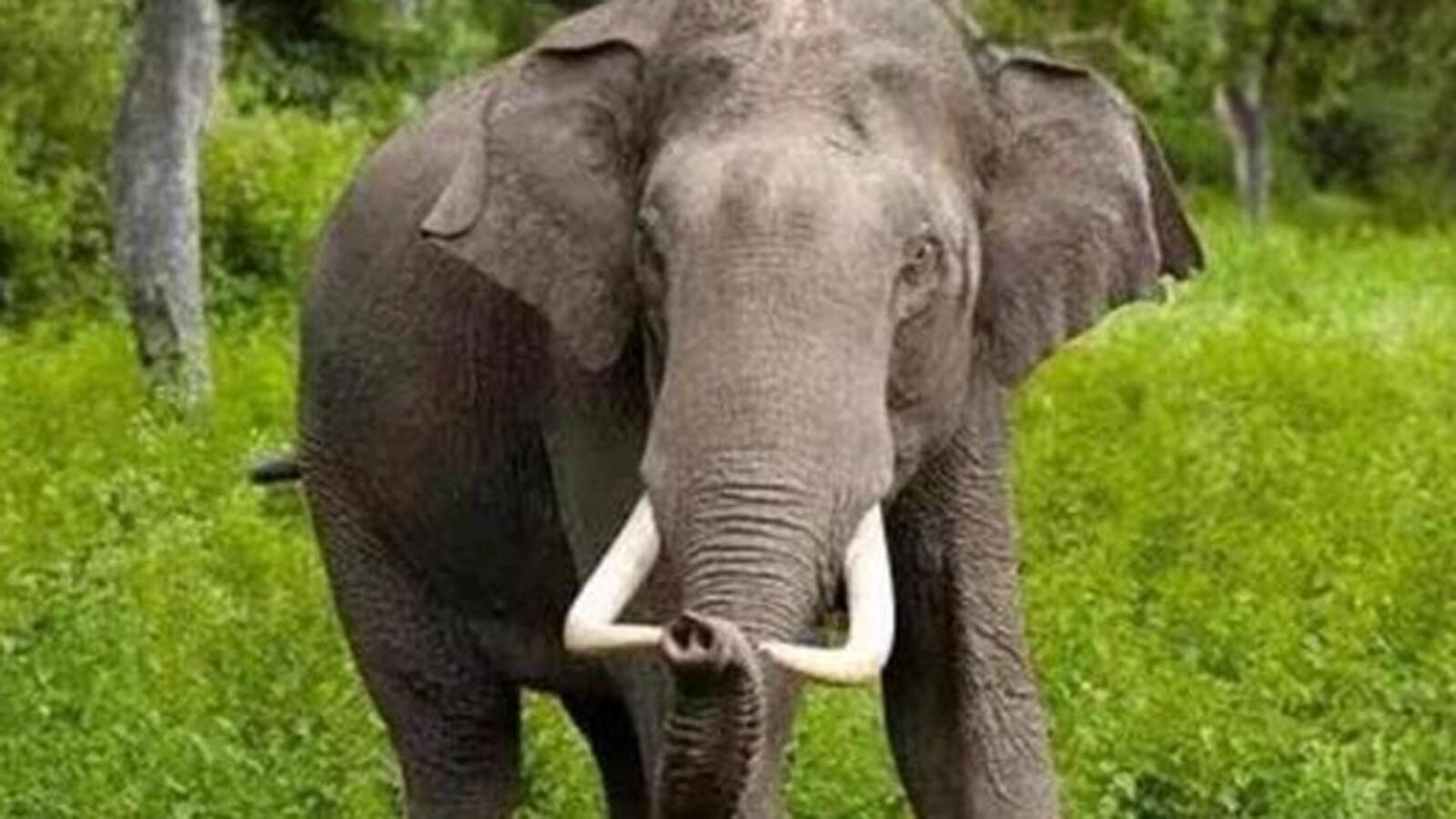

.jpg?w=1200&ar=40%3A21&auto=format%2Ccompress&ogImage=true&mode=crop&enlarge=true&overlay=false&overlay_position=bottom&overlay_width=100)
